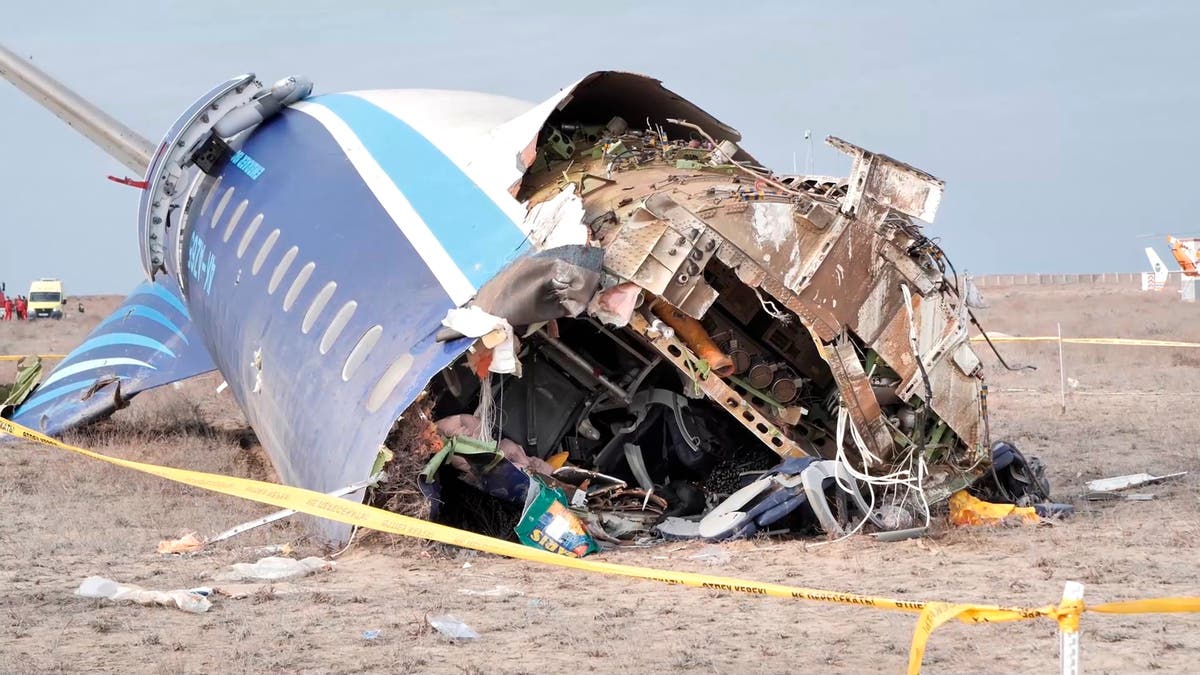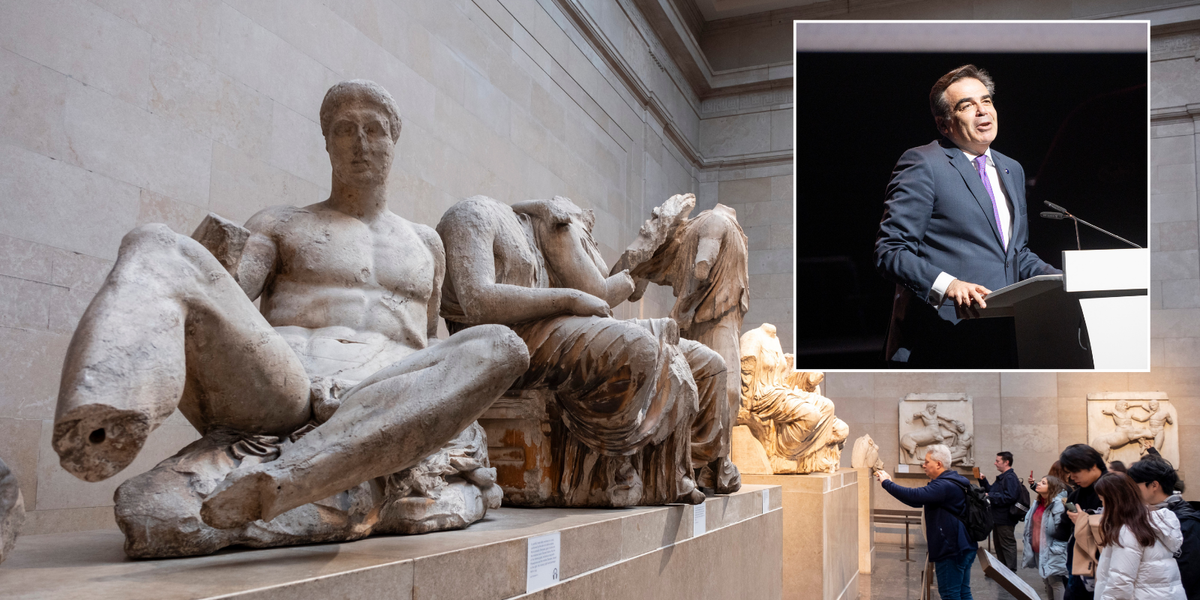UK Palestinians on the nightmare of watching war unfold from afar

- by Admin
- October 4, 2024

In September 2023, 45-year-old Mohammed Ghalayini travelled to Gaza from Manchester, where he had lived since 2004, to visit family. He was still there on 7 October when Hamas’s attack on Israel killed 1,200 people. In Israel’s subsequent bombardment of Gaza – which to date has killed more than 41,000 people – he and his family were displaced multiple times, faced shortages of food and water, and endured the relentless sound of drones.
Ghalayini is now back in the north of England, but nearly a year into Israel’s war in Gaza, he says every day still brings bad news – whether from family members in WhatsApp messages, or in updates on Facebook, which has become like an “obituary page”. Ghalayini said he feels helpless.
“It’s hard not to feel a bit hopeless” he said. “At the same time, it’s times of great disruption sometimes do herald change, but it’s hard to see that right now.”
On Wednesday he learned 25 of his mother’s relatives in Gaza had been killed by an Israeli strike in Khan Younis. Ghalayini said: “When it comes to the national government and the institutions of state, I feel those institutions of state are allied and therefore joining in with Israel in different ways in the attack on Palestine, on Gaza. That means that I feel subsequently under attack by the British government.”
The Labour government has called for an immediate ceasefire in Gaza and suspended the export of some arms to Israel, but ministers continue to describe Israel as a “staunch ally” and assert its right to self-defence.
For Ahmed Najar, who was born in Gaza, watching the conflict unfold from afar has been “worse than a nightmare”, constantly worried for his family’s welfare and trying to continue everyday life in London. “London for me has always been home, but then suddenly, everything has changed,” said Najar, 43. “The UK is so much against people of my kind.”
In the past year, he said 51 of his relatives in Gaza have been killed.
Najar wants the UK to take a bolder stance against Israel, which has been ordered by the UN international court of justice to ends its occupation of the Palestinian Territories and ensure its forces do not commit acts of genocide against Palestinians in Gaza.
Hadil Louz, a British-Palestinian refugee and a PhD student at the University of St Andrews, has lost 13 relatives in the conflict including Shareef Abu-Zaida, a father of three, and Sahar, a mother-of-three, and her 11-year-old son.
“Being away from my family, it feels like a constant ache in my heart,” Louz said. “Israel, they are not only erasing the physical features of my homeland, they are dehumanising us and stripping away any faith we might still have in this world.”
Louz’s entire family, including her parents and seven siblings, were all living in Gaza when Israel began its military offensive. Forced to flee, her family was displaced several times with little access to food, water and sanitation.
Louz, 31, had to fundraise more than £40,000 to secure the evacuation of her mother, four brothers and sister to Egypt. Louz still has two sisters trapped in Gaza along with their children, aged five, three and five months.
According to GoFundMe, more than £189m has been donated to fundraisers to help causes on the ground in Israel and Gaza in the year after the 7 October attack.
Louz had hoped to secure her family’s evacuation through a family reunion visa but her efforts have proved futile. The Home Office denied her application in August, saying the family was not at exceptional risk. “I received the letter; it was a very shameful and unsympathetic answer and very superficial,” Louz said.
after newsletter promotion
Her lawyer, Andy Sirel at JustRight Scotland, said they are appealing against the decision. “The absence of a Gaza family reunion scheme is severe,” Sirel said. “These families need a bespoke scheme like that set up for Ukrainians.”
Louz called the UK government’s support for the Israeli government “shameful”, but said she was grateful for members of the British public for attending protests and calling for a ceasefire. “I really feel that sense of solidarity, which has been a source of strength for me.”
The scenes unfolding in Gaza have not only mobilised hundreds of thousands of people on to the streets, they have also increased interest in Palestinian culture. “The younger generation in Britain are absolutely shaken by the genocide and blood and violence that they’re seeing,” said Osama Qashoo, the founder of Palestine House, a cultural centre in central London that opened its doors this year. “They are curious about who we are.”
The centre, which is still under construction but is open to the public, is modelled after a traditional Palestinian cafe with bright, exposed stone walls and a mosaic floor. On the ceiling hangs a giant wooden key, which symbolises Palestinians exiled from their homes during the Nakba. The centre also houses a theatre that can hold about 150 people.
He said many of those visiting the centre had seen the “graphic, crude and disturbing” images from Gaza on social media and had been deeply affected after learning more about the history of Palestine.
Qashoo said: “Do you know how many people I have in here just in tears? Even they don’t know why they’re crying. I have to hug them. It’s psychologically disturbing to a lot of people, not just Palestinians.”
A government spokesperson said: “The death and destruction in Gaza is intolerable. We want to see an immediate ceasefire, the release of all hostages still cruelly detained by Hamas, protection of civilians, and much more aid entering Gaza. The government is keeping all existing pathways under review in response to events in Gaza.”
The Latest News
-
December 30, 2024Keir Starmer hits back after Elon Musk claims few businesses willing to invest in UK
-
December 30, 20245 Best Online Casino Bonus : Latest Bonus Codes 2025! Get Sign Up Bonuses & Free Spins!
-
December 30, 20245 Best 10 Dollar Deposit Online Casino For Real Money 2025
-
December 30, 2024United Cup: Katie Boulter and Charles Broom help Great Britain beat Argentina
-
December 30, 2024UK braces for travel delays as Met Office warns of wind, rain and snow





